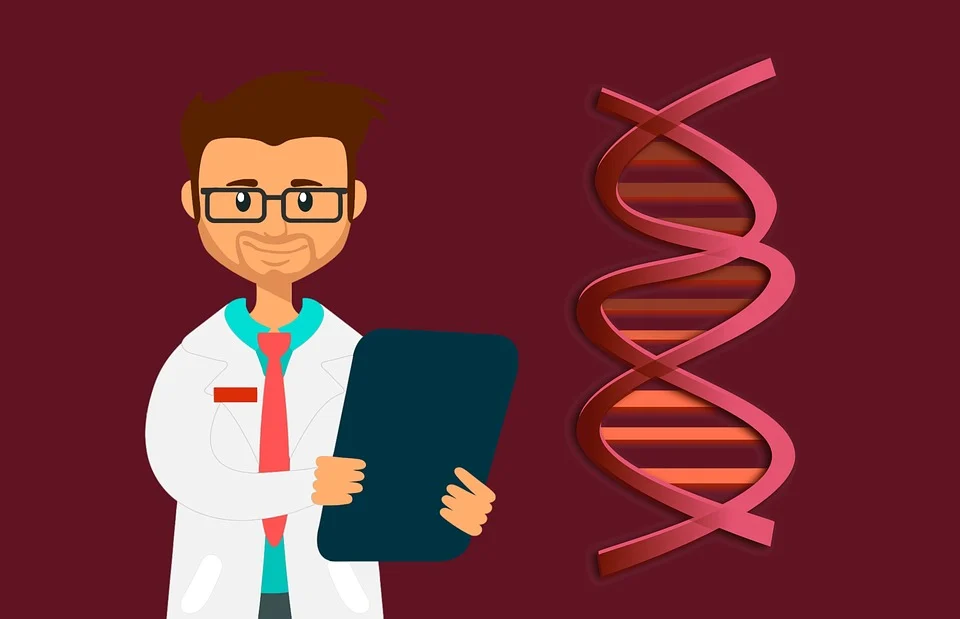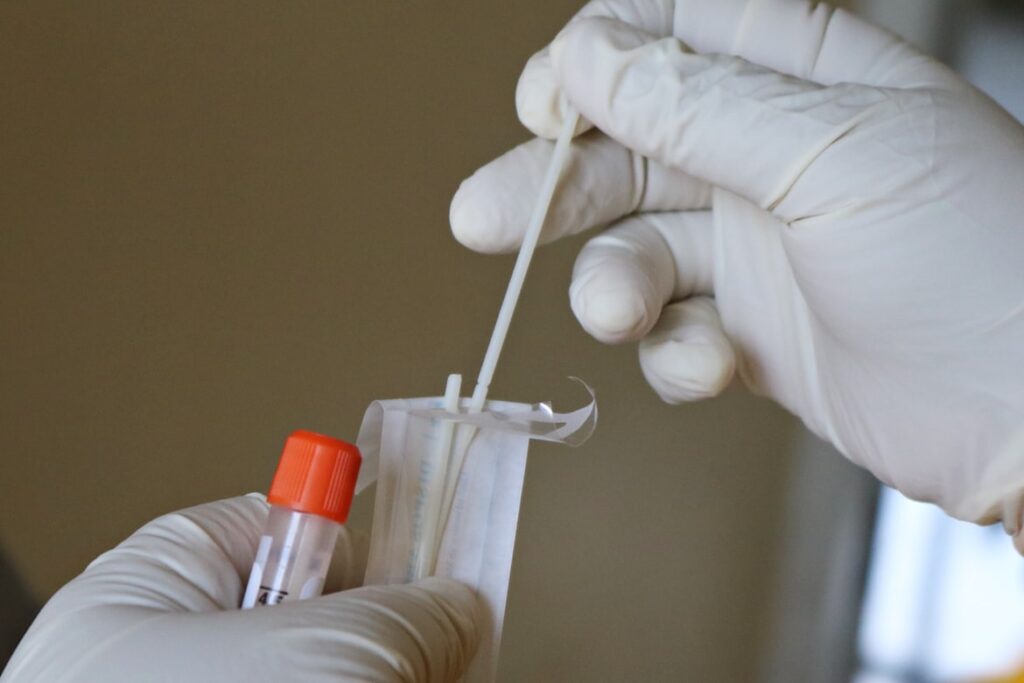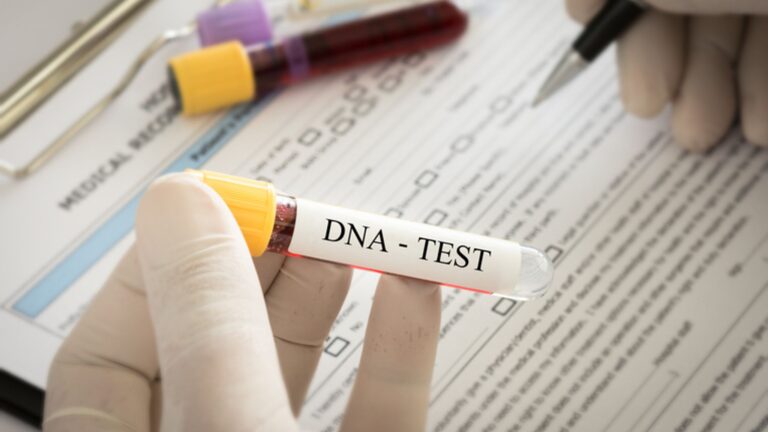In recent years we have often read shared experiences related to home DNA tests. People who do this write blogs or post videos, and sometimes share nasty discoveries made through the results. Because of this, opinions about self-DNA tests are divided and there are people who support them, but also those who think that it is nonsense and that the most relevant data is obtained by testing in authorized laboratories for that purpose.
As we said, these kits are pretty affordable, but their price may vary from one place to another, or depending on the manufacturing country. For example, you can find out how much is a DNA test in Florida, but it doesn’t mean it’s the same price worldwide.
Anyway, home DNA tests are used to determine some genetic predisposition to a limited number of diseases, as well as evidence of your distant ancestry. However, do not forget that these are sets that are made for home use and that to get the more specific information you need professional help.
But, under certain conditions, home tests can also reveal enough data to put together a genetic puzzle and get the information you need to make better decisions when it comes to your health.
That’s why in today’s article we will look at the pros and cons of these sets and hope that it will help you decide for yourself how to proceed.
Positive sides

In the list of pros, we will include several positive sides that we consider important for your decision.
-
You have no restrictions on the use
In this context, it is worth mentioning that you are not limited by time, ie you decide for yourself when you are ready to take a sample. Only, you do not need to store the sample for a long time, so that it can be analyzed properly. At the same time, this set is cheap enough that it will not be a big expense, but it can still really help in certain circumstances.
-
You will dedicate yourself to your health and prevention
Depending on the results, you will know exactly what your weaknesses are in terms of health, so you can commit to timely prevention. And it is true when they say that timely prevention is largely a cure. Knowing what to prevent, you will not one day need to cure that disease. We all have genetic predispositions to certain diseases and conditions, but that should not be an obstacle to living normally.
-
They are sensitive to specific diseases
For example, sometimes even doctors will advise you to have a quick genetic test to find out if you have a predisposition to a specific disease, such as breast cancer. That way we would recognize some of their “weaknesses” for future prevention.
-
The results can reduce certain fears
If you have a genetic disease that occurs in the family, it is very likely that you have the hereditary factor yourself. However, these tests can show you how far you are and whether you should be afraid of a particular disease.
Negative sides

As with everything in life, home DNA tests can have certain weaknesses and shortcomings that we should not ignore. In the following, we will look at some of them.
-
A poorly taken sample may have inaccurate results
There are certain ways to get a sample for this test yourself, but if you are not an expert, chances are you did it wrong. This may result in an incomplete result from which significant data will be missed.
-
The results may cause anxiety
Knowing what you are facing can be a challenge. Not everyone is ready for that. So be really confident that you want to get into the secrets of your DNA. On the one hand, it is good to know what you are prone to, but on the other hand, anxiety can be fatal for you.
-
Results are rarely accredited
For the results to be considered valid, they must come from an accredited genetic testing laboratory. Cheap home DNA tests may not be accredited and you may still spend a certain amount of money without getting a legitimate result based on which you will find out important information about yourself.
-
You may need help interpreting the results
Sometimes all those combinations of numbers and letters can be really confusing for the person who ordered the test. In most cases, you will need to interpret the results with a doctor or health advisor. Sometimes, if you try to read them yourself, you may make a misinterpretation and live in fear of something you do not even have to worry about.
How do these tests work?

Once you order the test, you will receive information about its arrival at your home. You usually need to take a sample of your saliva, according to the instructions in the self-test kit, and then send it to the lab. It will analyze specific genetic aspects, based on which you will find out if you are in certain risk groups for some diseases. Based on the pros and cons we have listed, you can decide for yourself whether it is worth doing.
The demand for home DNA tests has really increased in recent years, and biology and technology have already developed a system of trust among users who use these services.
But you must know that the results obtained should be interpreted by an expert because they do not mean anything to you. No test can guarantee whether you will get or protect yourself from an inherited disease in your family. Still, it is easier for many to recognize the risks and prevent them, rather than wait to see for themselves what happens next.
Keep in mind that although genes are the most important factor, the environment and your lifestyle also have a big impact. Thus, we can conclude that home DNA tests are good, but not enough to get a complete picture of your health.
